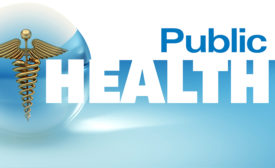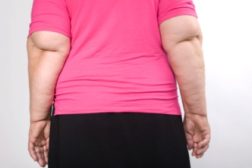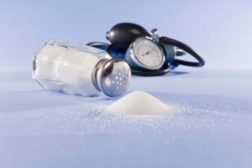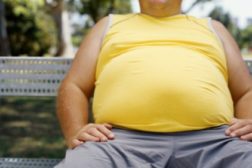Home » diet
Articles Tagged with ''diet''
NIH study finds varied responses to calorie restriction in obese adults
Read More
Shiftworkers have more “pro-inflammatory” diets
Diet may help explain shiftwork-related chronic disease risks
February 12, 2014
"Biggest Loser" study finds modest diet and exercise can sustain weight loss
NIH research shows exercise as key in reducing body fat while preserving muscle
October 16, 2012
Never miss the latest news and trends driving the safety industry
eNewsletter | Website | eMagazine
JOIN TODAYCopyright ©2024. All Rights Reserved BNP Media.
Design, CMS, Hosting & Web Development :: ePublishing






